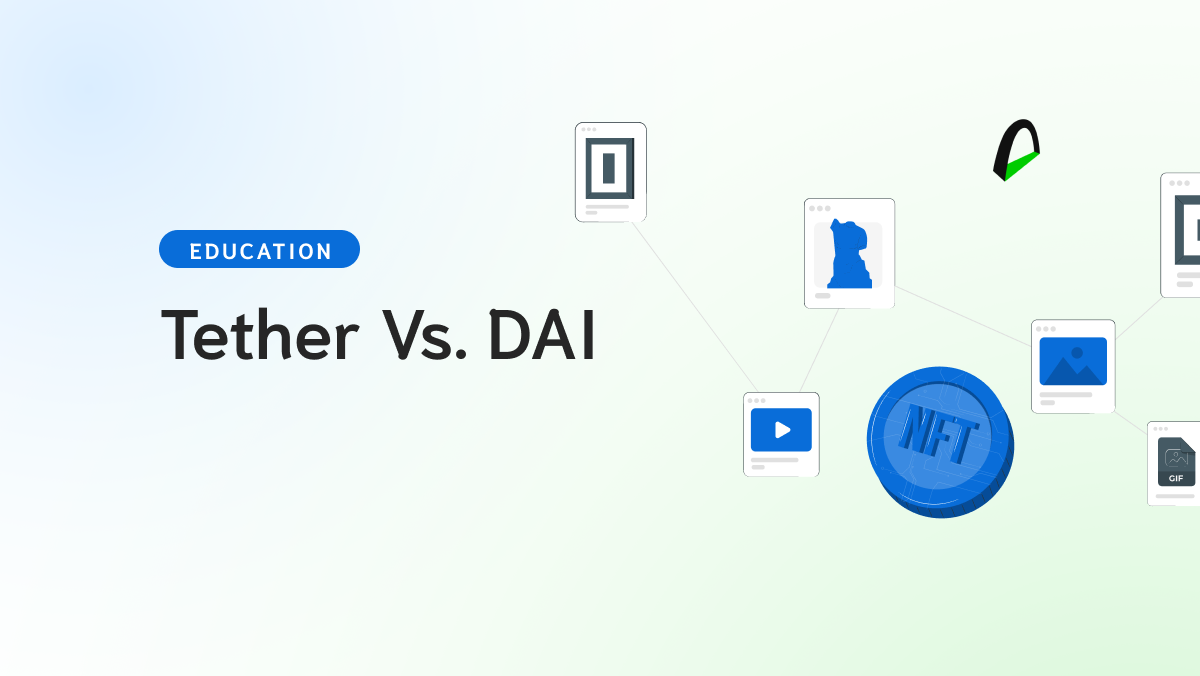The DeFi sector has grown exponentially in recent years, giving traders access to a wide array of profit opportunities - but it also suffers from the same structural issues as its centralized counterparts.
Fragmentation and inefficient price formation leave ample room for arbitrage trading, creating an environment rife with risk-reward options.
With cryptocurrency arbitrage on DeFi becoming increasingly popular, we'll be looking into the potential of making money through this strategy and what risks accompany it.
We'll take a deep dive into how one can make wise investments with minimal risk to maximize returns.
What is crypto arbitrage?
To comprehensively comprehend arbitrage in DeFi, we must explore its broader implications.
Crypto arbitrage is a lucrative trading opportunity that involves taking advantage of discrepancies in asset prices on different platforms.
By noticing the variance between Bitcoin's market value, it can be bought at one exchange for a reduced rate and then sold immediately on another forum to capture any potential gains or losses from the fluctuation.
Opportunities for financial gain within the ever-evolving cryptocurrency landscape can stem from many causes.
From discrepancies in liquidity across platforms to delays when taking assets in and out of exchanges, not even supply/demand balance or crypto vs. fiat exchange rates remain constant - all presenting possible avenues for capitalizing on these market forces.
Securing valuable opportunities requires quick thinking and preparedness. To stay ahead of the game, luck or utilizing automated algorithms are two ways to ensure you take advantage of those fleeting chances.
Understanding crypto arbitrage in DeFi
Traders capitalizing on DeFi offerings continuously search for profit-making opportunities, zeroing in on liquidity pools and assets that offer value above the regular market rate.
By driving demand up through strategic investments, these individuals aim to bring these unique finds back into equilibrium with current standards.
DeFi platforms have revolutionized the finance world, offering investors unique trading opportunities.
Amongst these providers are leading names such as Balancer, Uniswap, and Yearn.Finance and Compound, each boasting perks while utilizing a similar approach to arbitrage trading.
Arbitrage opportunities in the DeFi space can be identified by carefully monitoring asset prices and comparing them to their respective markets.
An ideal situation for these situations is during a 'pump and dump,' as inconsistencies between different resources often accompany wild price shifts.
Proactive investors should take advantage of this market fluctuation to capitalize on arbitrage chances like these ones.
For most traders, they will keep their creative techniques a secret. Savvy traders protect and preserve their appropriate strategies by keeping them top-secret – a famous tactic that states if everyone is using the same system, it will be less effective over time.
Some popular arbitrage trading strategies in DeFi
Crypto arbitrage has become a staple of decentralized finance (DeFi). Yield Arbitrage and Cross-platform trading are two fundamental methods to capitalize on unique opportunities within any pool or across multiple platforms.
With careful attention paid to the dynamic cryptocurrency market, savvy traders can unlock lucrative arbitraging techniques for their portfolios.
Trading two assets on the same platform
Skilled traders can capitalize on short-term fluctuations in liquidity pools to turn a profit through arbitrage.
By borrowing an asset whose APR is lower than another and supplying the latter, savvy investors can take advantage of these fleeting windows for economic gain.
Cross-platform trading
Cross-platform trading is an increasingly popular way to conduct transactions, but the technical details can be complex.
While a blockchain can facilitate trades between different platforms on one system or even off-chain in some instances, there are potential intricacies that must be understood and adjusted accordingly.
Inter-blockchain trading can challenge seasoned crypto traders, but many services have emerged that provide solutions.
These platforms create links between blockchains and provide users with the means to exchange assets seamlessly.
The difficulty of transferring assets between centralized and decentralized exchanges is compounded by market fragmentation, which can challenge finding specialized solutions.
Even when bridges are employed, one must often wait for lengthy transfer periods making it impossible to capitalize on arbitrage opportunities in time.
With transitions from platform to platform incurring high gas fees that shrink the potential for profit, yield farming provides a much-needed solution.
Cryptocurrency arbitrage in DeFi is a compelling way to make money, but it comes with its risks.
For those who wish to pursue this venture, be aware that preparation and vigilance are essential when encountering the ever-present potential dangers in these markets.






